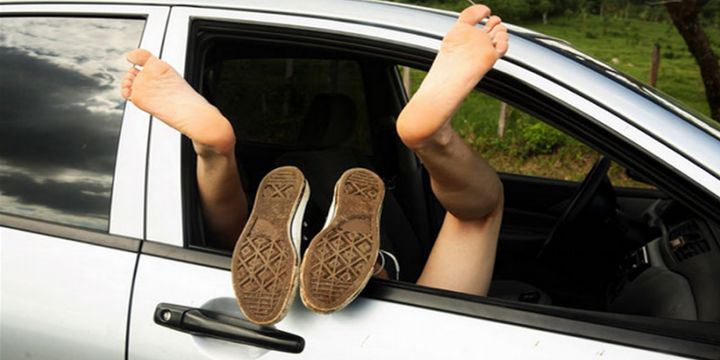The offence
If you are caught having sexual intercourse (or are caught with your genitalia exposed) in or within a public space or school, you are liable to punishment under section 5 of the Summary Offences Act 1988 (the Act) which outlines:
‘A person shall not, in or within view from a public space or a school, wilfully and obscenely expose his or her person.’
It is important to consider that you do not have to physically be in a public space. It is enough to merely be in view from a public space or school.
What constitutes ‘obscene exposure’?
‘Obscene exposure’ is taken to mean any behaviour which is likely to offend the standards of decency of current community standards in New South Wales. Acts such as sexual conduct in public, streaking at a sports event, or “flashing” will be taken to be obscene by the Courts as well as the general community. The Local Government Amendment (Nude Bathing) Act 1996 (NSW) Acts governs act such as nudity at the beach. It states that nude swimming (or being nude at the beach) cannot be prohibited if the conduct occurs at one of the listed designated beaches and will therefore not result in a charge of obscene exposure.
‘Exposure’ refers to revealing your genitalia in a public space, including acts such as exhibitionism or public nudity. There is no requirement for a sexual act to have occurred. There is also no requirement that a member of the public had seen the exposure; the focus is on whether the person has or should have had a reasonable belief that members of the public could see the transgression.
What constitutes a public space?
A public place is defined in section 3 of the Act as follows:
- a place (whether or not covered by water), or
- a part of premises,
that is open to the public, or is used by the public whether or not on payment of money or other consideration, whether or not the place or part is ordinarily so open or used and whether or not the public to whom it is open consists only of a limited class of persons, but does not include a school.
Such areas may include a park, car park, office, footpath, road, inside a vehicle, or any public building.
What must the Police prove?
There are two key elements which the Police must prove beyond a reasonable doubt:
- that a person wilfully or obscenely exposed themselves; and
- it was in or within the view of a public place or school.
Which court will hear my matter?
As this is a summary offence, the Local court will hear and finalise the matter.
Maximum Penalty
The maximum penalty for obscene exposure is a $1,100 fine or imprisonment for six months.
What punishments can the Court impose on me?
Aside from the maximum penalty of 6 months imprisonment or a $1,100 fine, the Courts may impose non-custodial sentences such as a Conditional Release Order, Community Correction Order or an Intensive Correction Order. The best-case scenario is a section 10(1)(a) non-conviction dismissal.
The severity of the sentence which the Magistrate may impose is dependent on the facts of the case, such as whether there are any aggravating or extenuating circumstances. This includes whether there were actual or possible witnesses of the act(s) by a minor. Our Criminal lawyers can give you expert advice on your options.
If you have been charged with a criminal offence and would like some expert advice contact one of Sydney’s best Criminal Lawyers today for a free first consultation. Our criminal lawyers are ready to take calls 24 hours, 7 days a week. Call us now on 1300SILENT (1300-745-368) or alternatively 0448 142 113 to get immediate legal advice.


